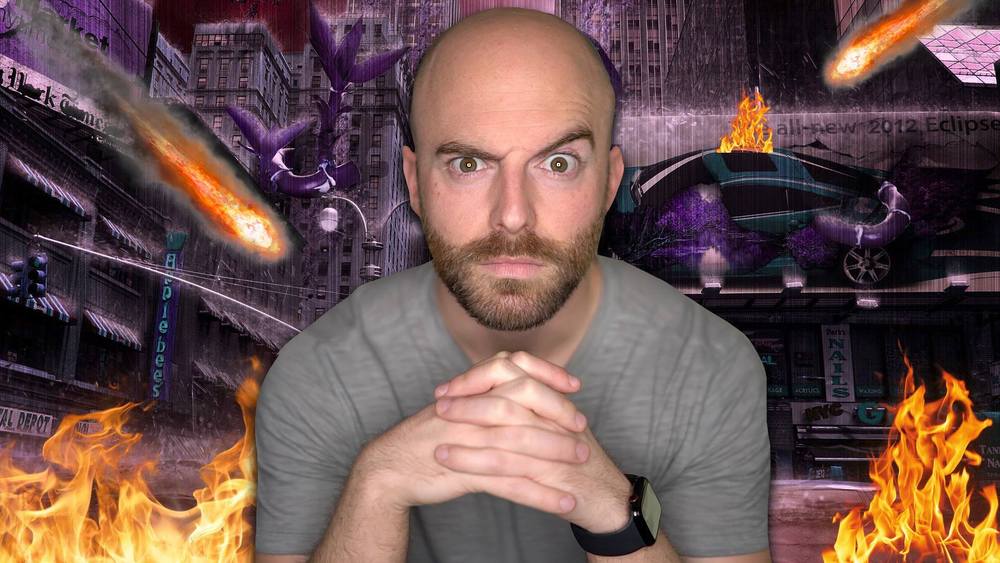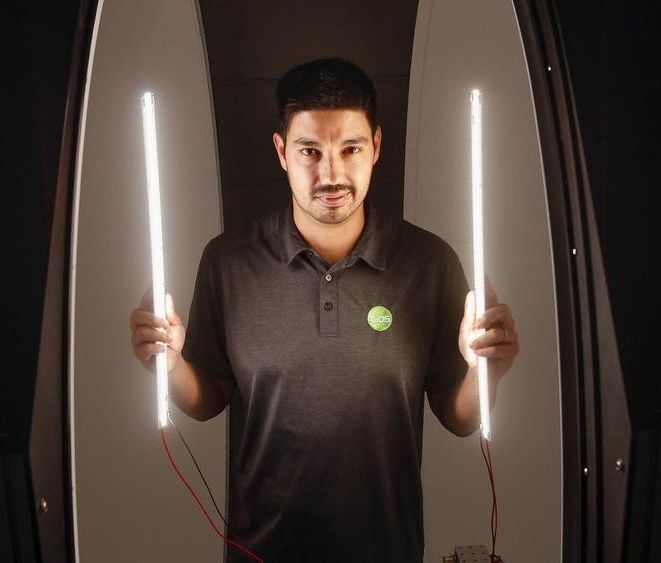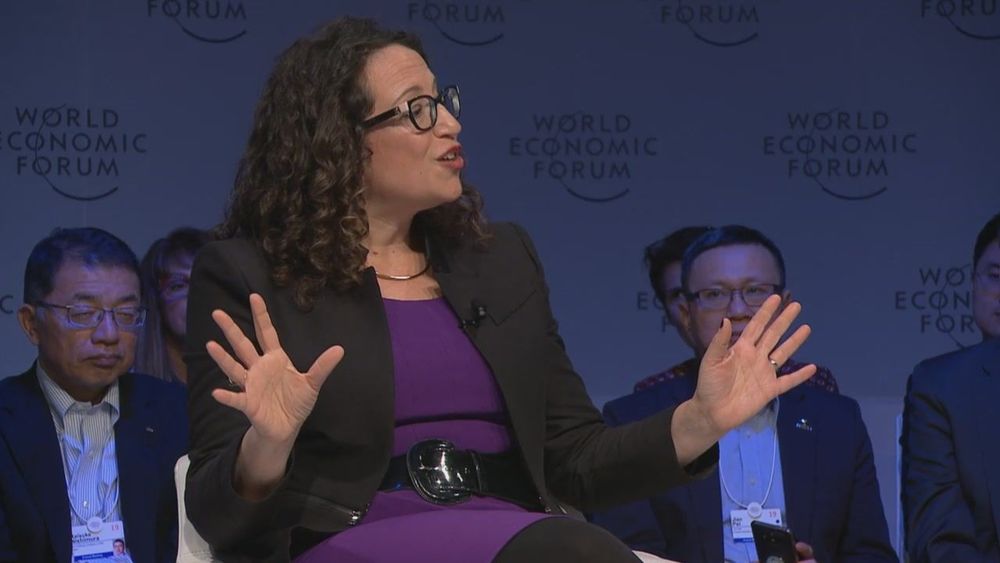Jan 24, 2019
Machine Learning and Medicine: Is AI the Future of Psychiatry?
Posted by Paul Battista in categories: bioengineering, biotech/medical, life extension, robotics/AI
Artificial intelligence, or AI is something we hear a lot about today. In this interview with Life.
Extension’s Michael A. Smith, MD, Kristen Willeumier, PhD, provides some insight into AI technology and its relationship with psychiatry which, along with neurology, studies and treats diseases of the brain. Dr. Smith predicts that AI will soon be an important part of how we understand and treat disease. According to Dr. Willeumier, some of that technology is now “ready for prime time.” Download this Live Foreverish podcast episode for FREE on iTunes!
Artificial intelligence is, simply, the intelligence of machines as opposed to human or animal intelligence. According to the New World Encyclopedia™, “Artificial intelligence (AI) is a branch of computer science and engineering that deals with intelligent behavior, learning, and adaptation in machines. John McCarthy coined the term to mean ‘the science and engineering of making intelligent machines.’”.
Continue reading “Machine Learning and Medicine: Is AI the Future of Psychiatry?” »
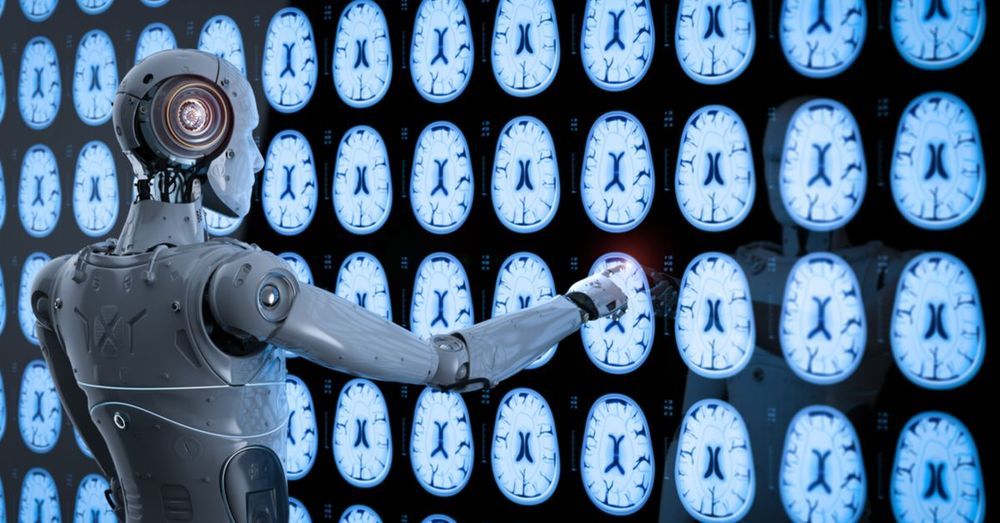
 Artificial intelligence, or AI is something we hear a lot about today. In this interview with Life.
Artificial intelligence, or AI is something we hear a lot about today. In this interview with Life.
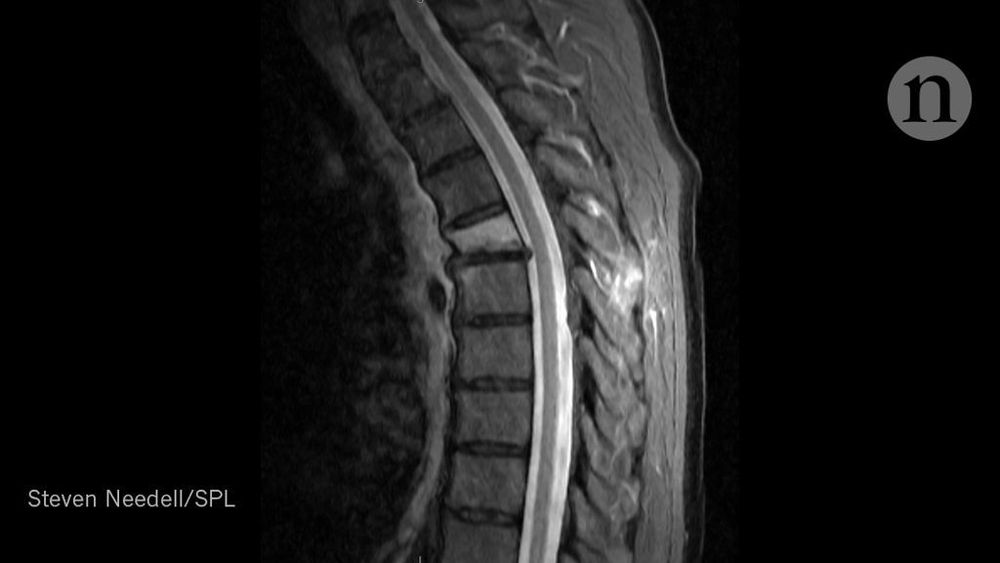



 © Getty Harvard scientists will attempt to replicate the climate-cooling effect of volcanic eruptions with a world-first solar geoengineering experiment set for early 2019.
© Getty Harvard scientists will attempt to replicate the climate-cooling effect of volcanic eruptions with a world-first solar geoengineering experiment set for early 2019.

